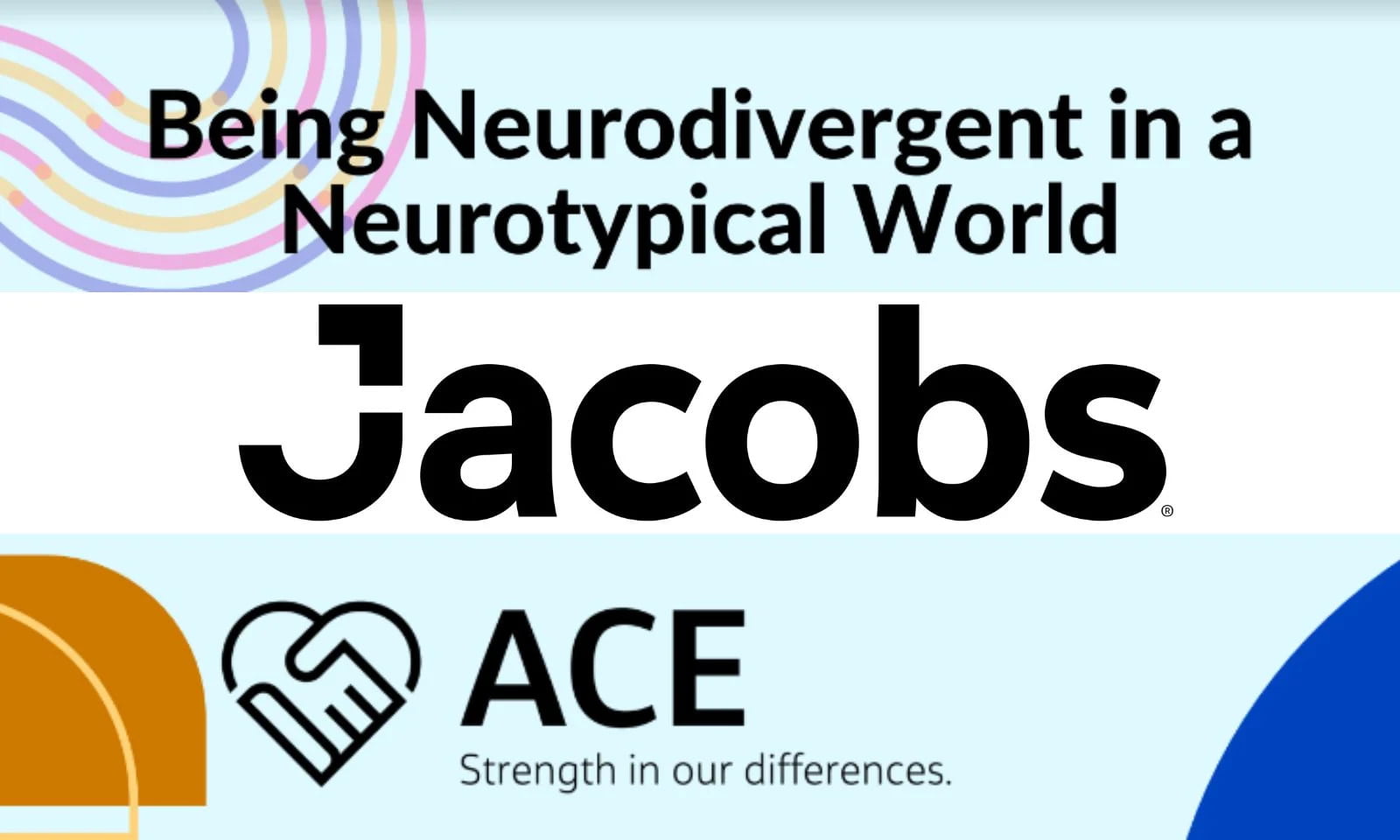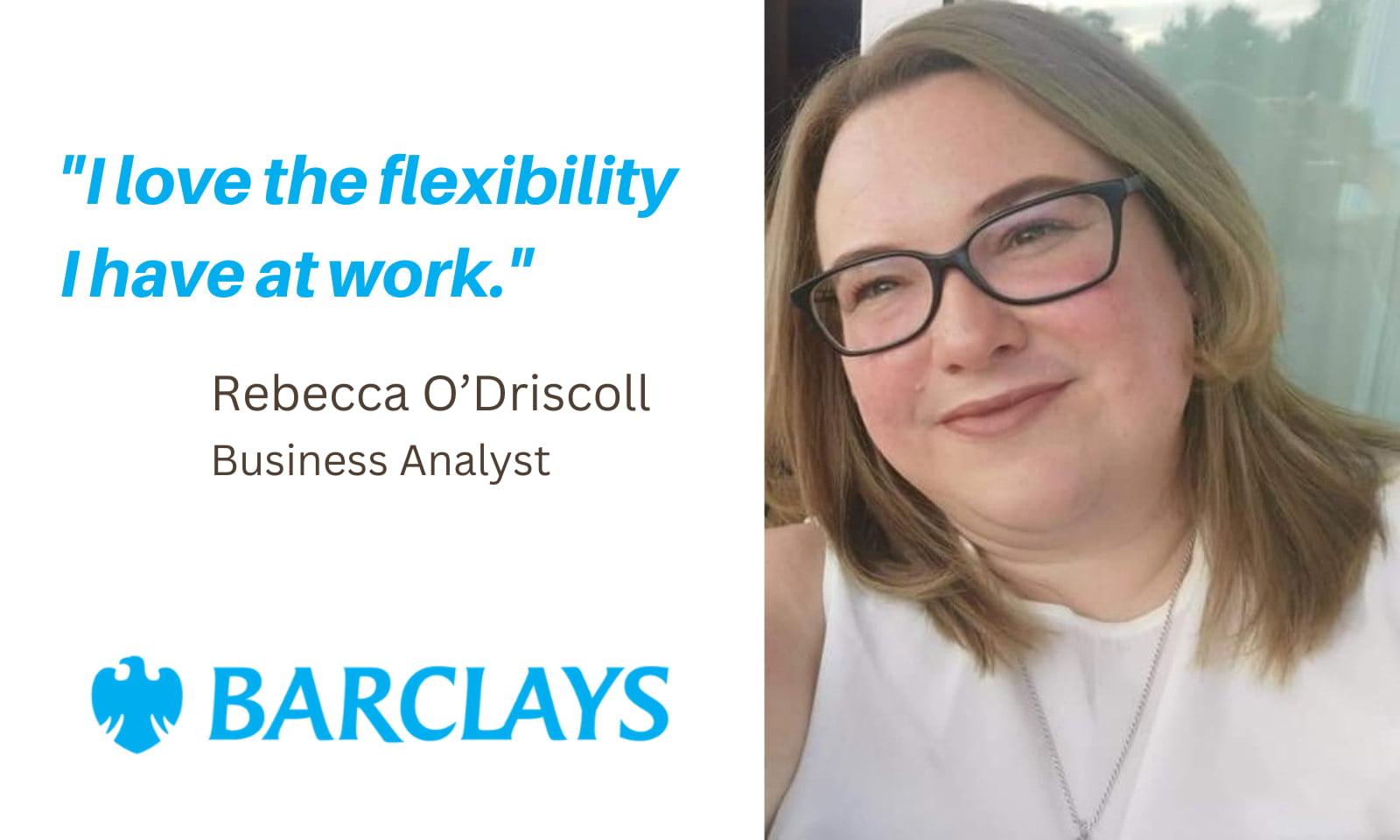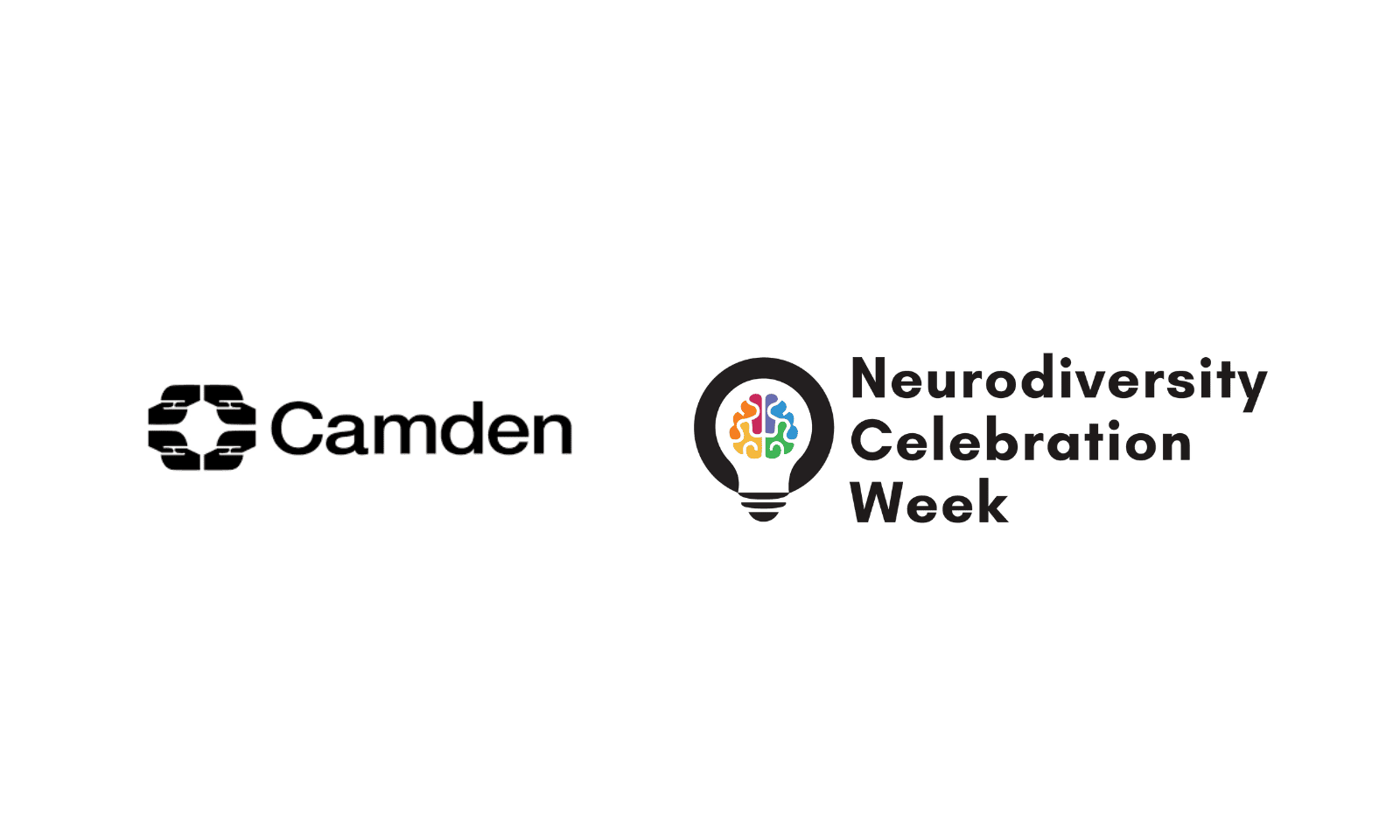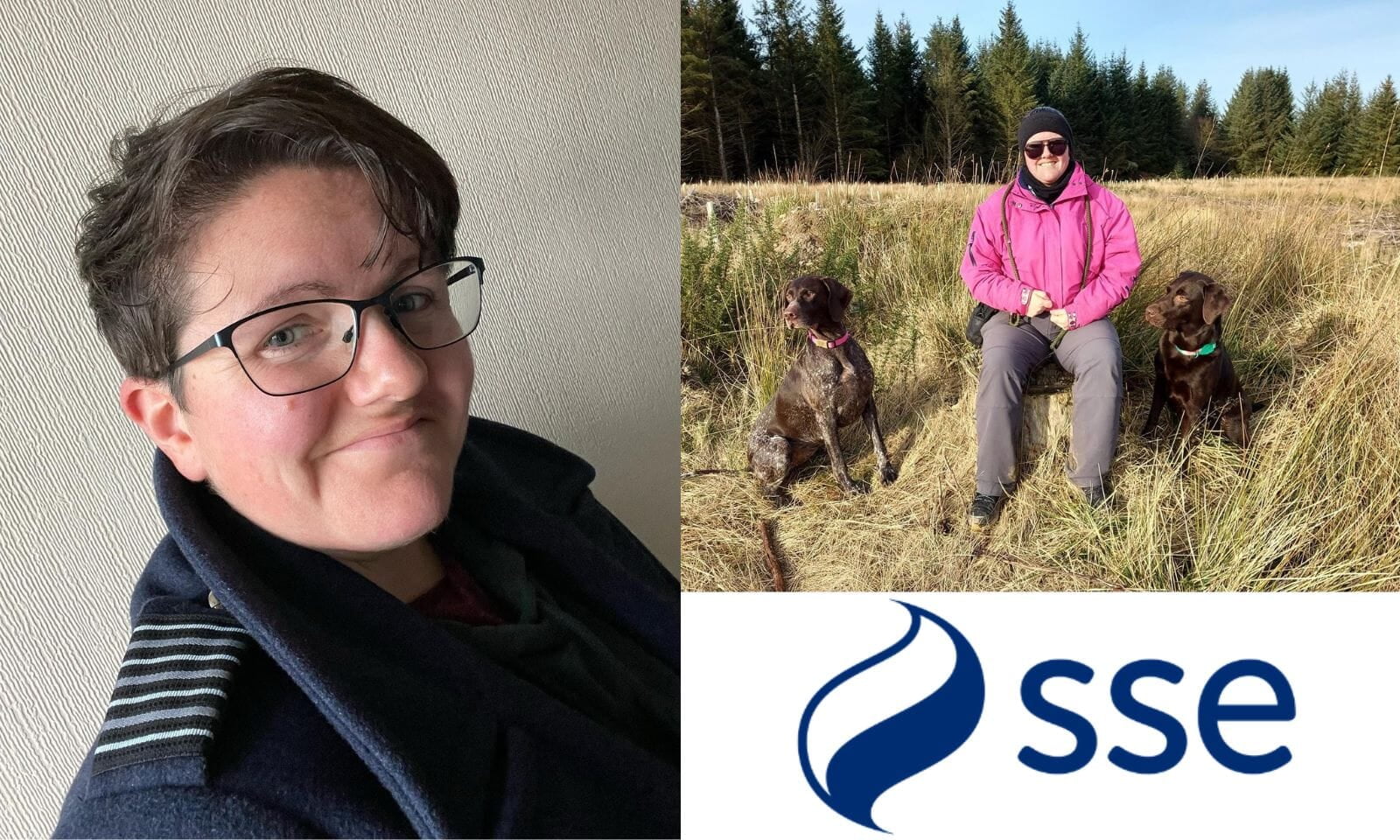
April - Neurodiversity Awareness Month
“We want you to bring your genuine self to work”
It’s a statement that many organisations include within their Equality, Diversity, and Inclusion Strategy or Mission Statements; and it’s very likely that you’ll recognise this sentence, or at least a version of it, from your own organisational ED&I commitments. It’s a bold statement and one that aims to show that an employer recognises the incredible diversity of their workforce and the value that this diversity will bring to the workplace.
However, this statement could result in some confusion amongst employees about what an employer really means when they say “your genuine self”. For some neurodivergent people in particular, this confusion can be heightened if they are not confident that the organisation is truly able (and ready) to accept and accommodate their neurodiverse individualities which make up their genuine selves. Although neurodiversity is an area that organisations, and society in general, are gaining much greater and richer knowledge and understanding of, it could be said that in the past we’ve spoken about some neurodiverse conditions like Dyslexia, Dyspraxia, Dyscalculia, and ADHD in ways that assumes neurodivergent employees have (or even should have) developed their own ‘coping mechanisms’ to help them gain acceptance in their working environment. For many, this involves masking (‘camouflaging’ or ‘covering’) being neurodiverse and their personal traits in the workplace, partly in response to the stigma that could be associated with it or the perceptions that people may have about their opportunities to succeed in the workplace if they don’t. There’s a reason why the outdated and now frequently seen as offensive term “high-functioning” has been used for so long: to indicate where someone’s condition has less of a social impact or infers a level of ‘employability’.
So when we ask individuals to “be their genuine self”, we should always remember to ask ourselves what exactly it is that we are asking for, or whom we are encouraging people to be in the workplace. And we should be equally honest enough to know whether our organisation is ready, or even able, to accommodate a neurodiverse workforce. If we are taking the time to ask ourselves these questions we should also be asking whether we really understand what neurodiversity is, or whether we are ultimately misunderstanding (by simplifying or ‘trivialising’) neurodiverse conditions as being purely ‘diversity of thought’, and nothing more.
Much like any group of individuals who have a shared culture, identity, or background, it's vital that we recognise that neurodivergent people have very different experiences, abilities, and requirements that are individual and specific to them. To accommodate these needs appropriately, we must also understand that these needs are not universal across all those who are neurodiverse and we must take the person-centered (otherwise known as ‘human-centred’) approach. The easiest way to find out what these needs may be, of course, is to simply ask them! However, there are other ways that we can truly create a neurodiverse-positive workplace, including:
- Avoiding writing policies or guidance that ultimately aim to treat all Neurodiverse conditions in the same way, with the same processes or suggested solutions or adjustments.
- Considering implementing an ‘Accessibility Passport’ system in the workplace. These ‘passports’ (which can also be used to document other adjustments or specific employee needs relating to things like childcare/carer responsibilities, menopause, or disabilities) are a great way to recognise and document individual, specific needs and what support mechanisms are required in a way that reduces the requirement for the employee to re-explain them whenever they move to a new department, team or line manager (passports should have regular reviews, to confirm they are still working).
- Remembering to ensure that if you ask people to “bring their genuine self to work” you understand what you really mean, and whether you can genuinely accept or accommodate neurodivergent people.
April Month Highlights
- World Autism Awareness Day 02/04/2023
- Passover (Jewish) Starts 05/04/2023
- Lent Ends (Christian) 06/04/2023
- Good Friday (Christian) 07/04/2023
- World Health Day 07/04/2023
- International Romani Day 08/04/2023
- Easter Sunday (Christian) 09/04/2023
- Easter Monday (Christian) 10/03/2023
- Passover (Jewish) Ends 13/04/2023
- Vaisakhi (Hindu, Sikh) 14/04/2023
- Laylat al-Qadr (Muslim) 18/04/2023
- Ramadan (Muslim) Ends 20/04/2023
- Eid al-Fitr (Muslim) 21/04/2023
- Stephen Lawrence Day 22/0/2023
- St. George’s Day (Christian) 23/0/2023
- Lesbian Visibility Day 26/0/2023
Being Neurodivergent in a Neurotypical World
Being Neurodivergent in a Neurotypical World
Neurodiversity is the idea that cognitive conditions, such as autism, ADHD, dyslexia and dyspraxia, are natural variations in the way people think and process information.
Neurotypical is used to describe people who are not neurodivergent. Given the biological fact that there is no such thing as a ‘normal’ brain, neurotypical is best thought of as ‘not neurodivergent’. It’s important not to draw simple lines in the sand between ‘neurotypicals’ and neurodivergent people.
Neurodivergent people have one or more neurological condition e.g. ADHD, dyslexia, autism or others. The conditions share common features, in particular, differences in how people learn and process information.
Dr Bethany Fox, Water Catchment Scientist and ACE UK Lead, shares her story of being diagnosed as neurodiverse.

Debbie Bullock, Aviva’s Head of DEI and Wellbeing Lead, on how to create an inclusive neurodiverse wellbeing strategy.
Debbie Bullock, Aviva’s Head of DEI and Wellbeing Lead, on how to create an inclusive neurodiverse wellbeing strategy.
Every person is unique. We all have different traits and ways of doing things. A goalkeeper doesn’t need the pace of a winger, but they do need swift reactions and agility. A tall, powerful centre half wouldn’t need the ball skills of a top-class striker to do their job well – they bring their own strengths to the party. Each player is an asset to the team, and it’s their differences that make them more than the sum of their parts. But some people have their own unique challenges and opportunities because their brains work differently to other people. This is known as neurodivergence.
Neurodiversity describes people who experience the world differently to others in social, education and workplace environments. It can include people with autism, dyslexia, ADHD and dyspraxia, amongst other conditions.

Articles
Articles
Going beyond a one-size-fits-all approach for neurodivergent colleagues at Barclays
Rebecca is proof that there is more than one way to reach your career goals, thanks to the supportive environment at Barclays
Inclusive recruitment – neurodiversity
Camden are committed to ensuring we are a truly inclusive organisation that encourages diversity in all respects, including diversity of thinking. Diversity in thinking helps us make better decisions
A career change in a neurodiversity-friendly environment with SSE
Copyright LTD 2023



